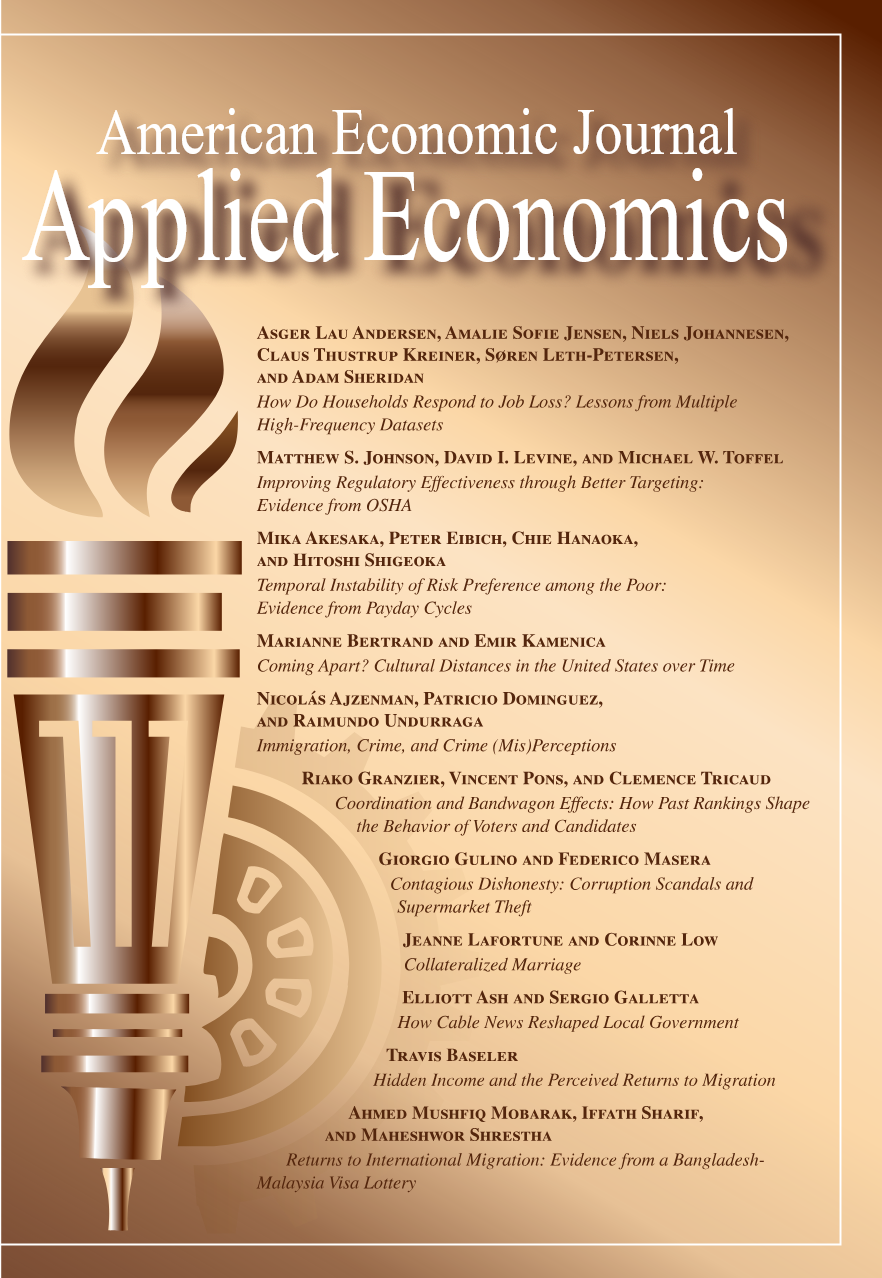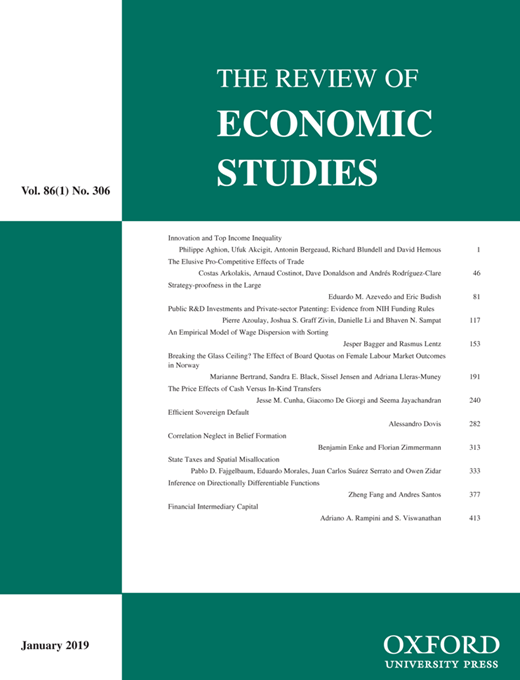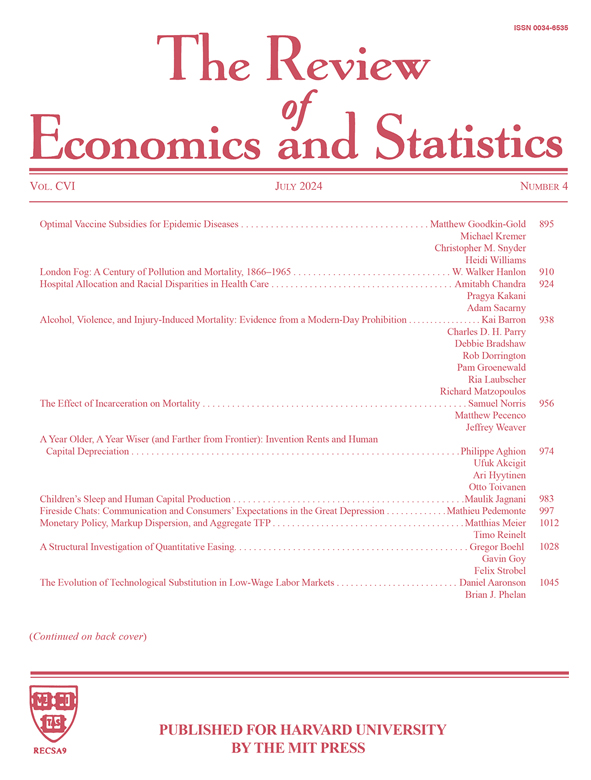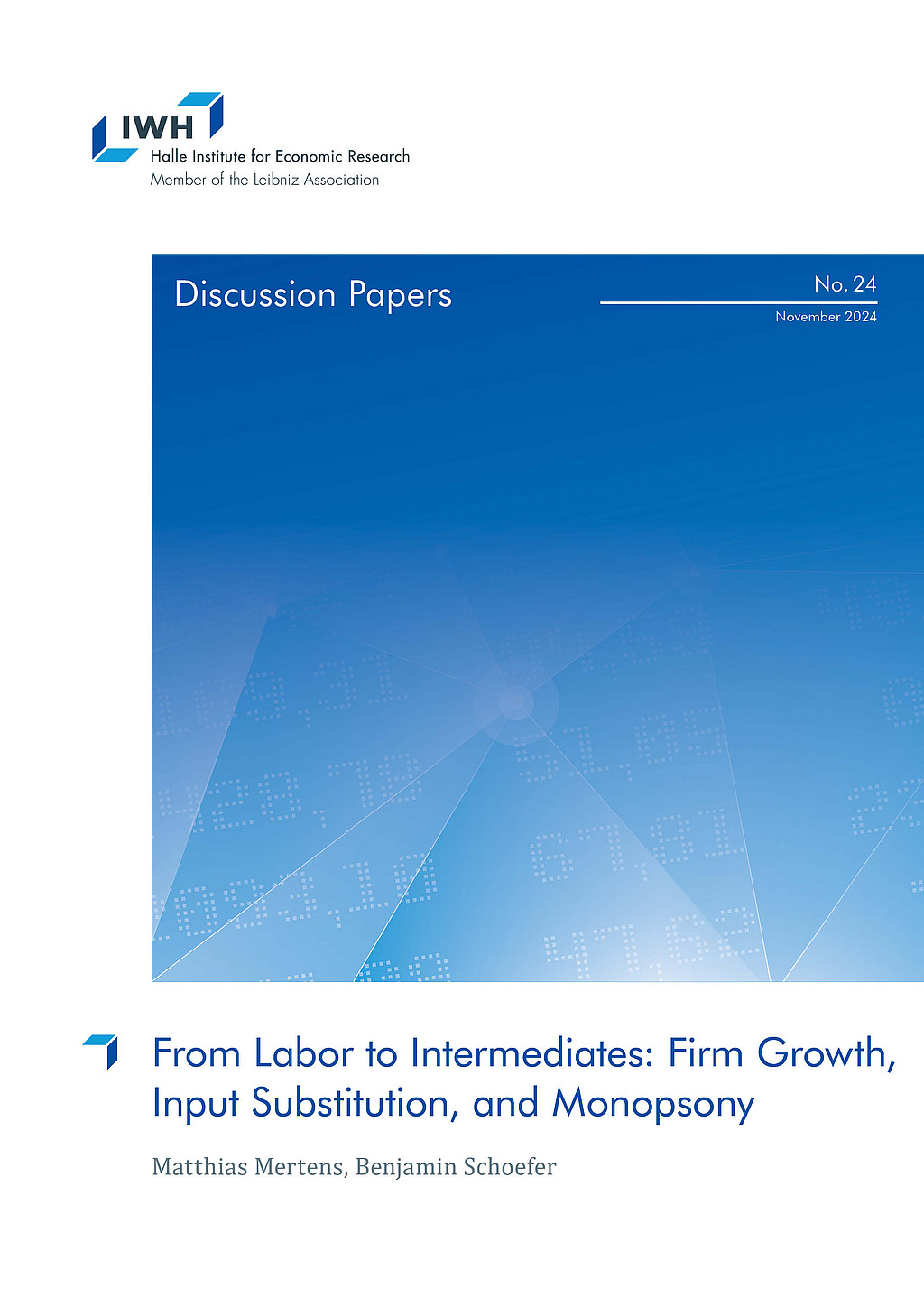Professor Benjamin Schoefer, PhD

Current Position
since 3/25
Research Fellow Department of Structural Change and Productivity
Halle Institute for Economic Research (IWH) – Member of the Leibniz Association
since 7/22
Associate Professor
University of California, Berkeley
Research Interests
- macroeconomics
- labour economics
- corporate finance
Benjamin Schoefer joined the institute as a Research Fellow in May 2022. His research focuses on macroeconomics, labour economics, and corporate finance.
Benjamin Schoefer is Associate Professor in the Department of Economics at University of California, Berkeley. He received his PhD from Harvard University.









